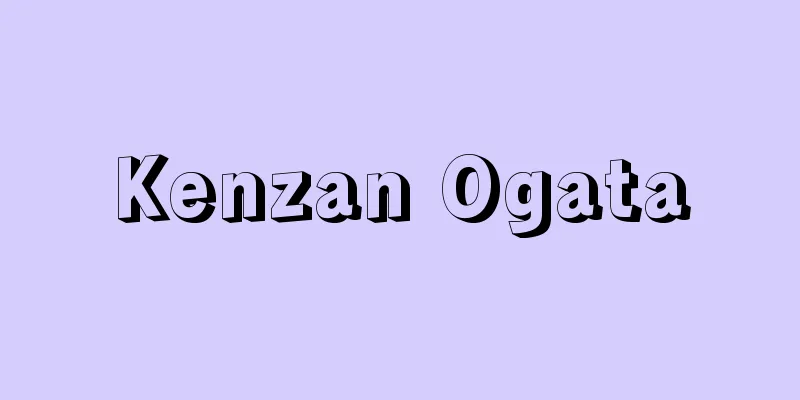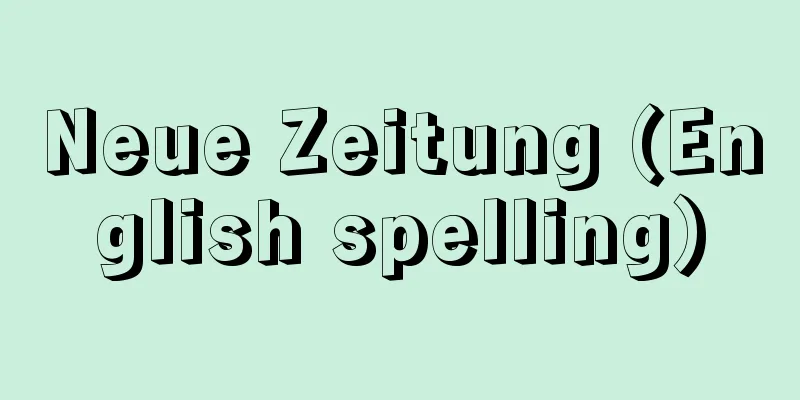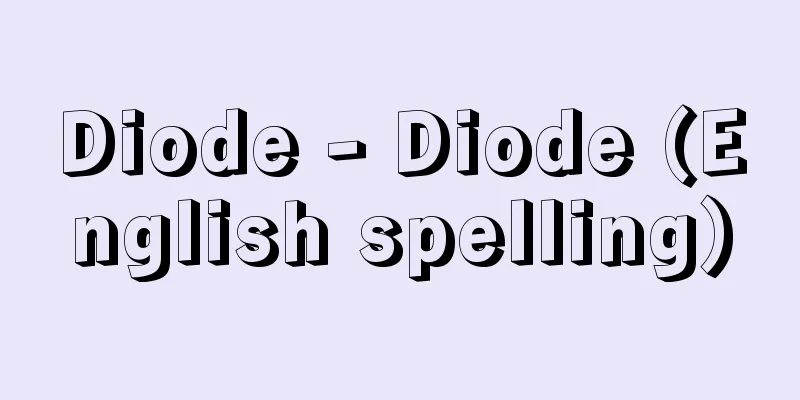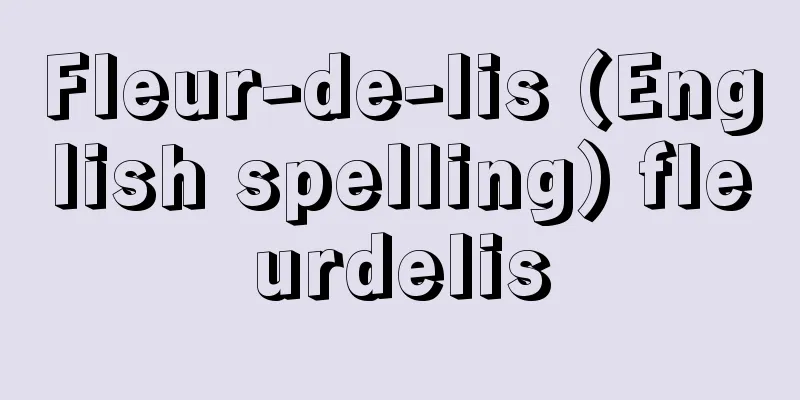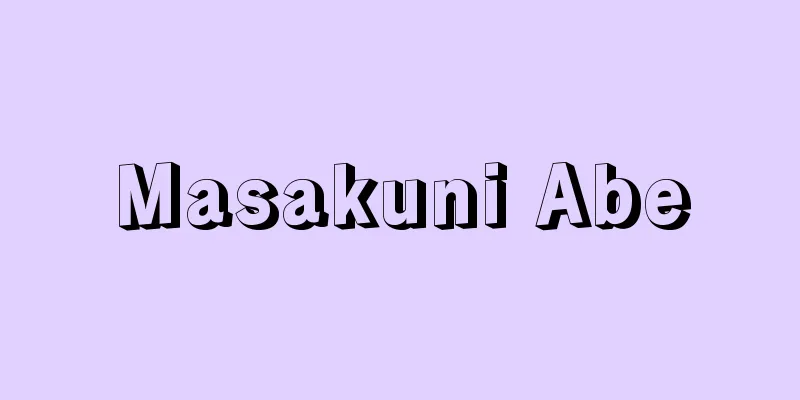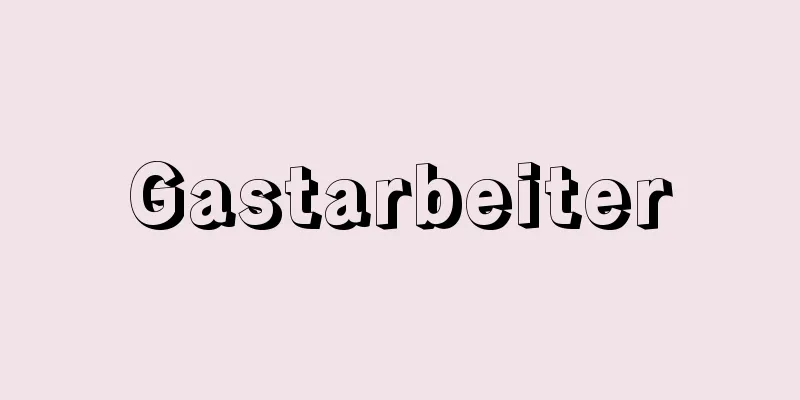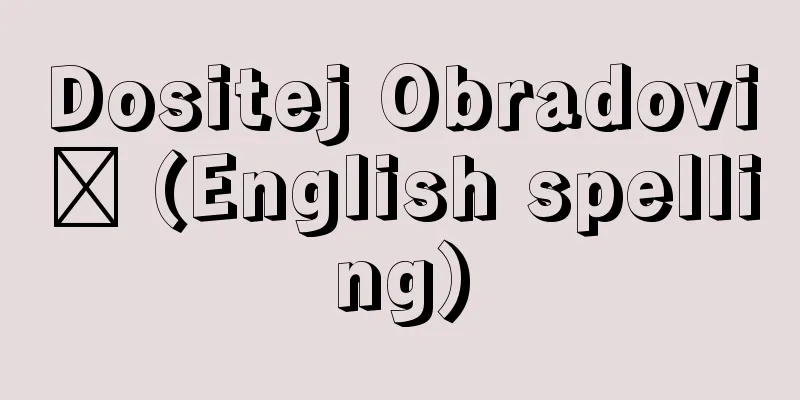Preface - Joshi
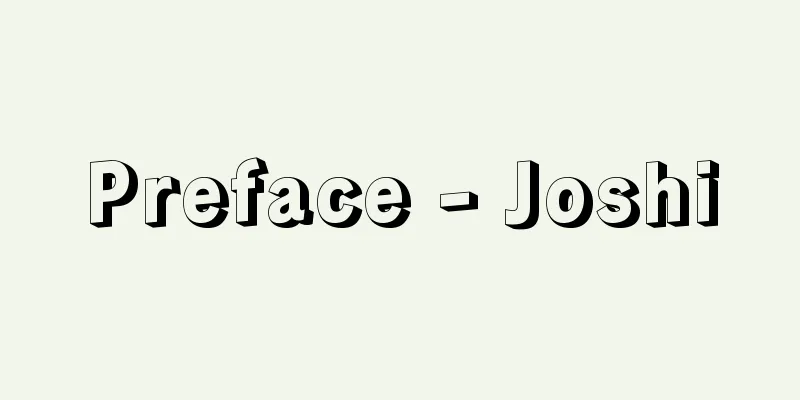
|
A rhetorical device in poetry and prose. It is also called "jokotoba." It is a modifying phrase to derive a main idea, but it is an improvised expression of a category or imaginary material, and is an idea form derived from dialogue and questions and answers. Its function is similar to makurakotoba, which is one phrase or less, whereas jokotoba spans two or more phrases. The connection between jokotoba and the main idea does not follow the grammatical law of tangents, but is classified into three types: (1) adjectives and metaphors, (2) hanging words, and (3) repetition of homophones and similar sounds. (1) "The silkworms, raised by a mother of a throne, hide in their cocoons/Is there any smoke, or am I missing my younger sister?" (Manyoshu). The first three lines, the silkworms hide in their cocoons, and the smoke leads to the second line metaphorically. (2) "He stands facing the target, arrow drawn in his hand, shooting at the scabbard, / The clearness of the target is what he sees" (Manyoshu), which follows the target and refers to the place name, "Mataka" as a kekotoba. (3) "The flowers of the Itsumo flowers upstream of the river / Always come to me, my child" (Manyoshu), which leads to the homophonic Itsumo. In all of (1)-(3), the part up to / is the joshi (oratory word), and the part below is the main idea. A song with an joshi (oratory word) is called a joka (or a song with a joshi (oratory song). [Tatsuo Hashimoto] Source: Shogakukan Encyclopedia Nipponica About Encyclopedia Nipponica Information | Legend |
|
歌文における修辞法の一つ。「じょことば」ともいう。主想を導き出すための修飾句だが、属目(しょくもく)あるいは想像上の素材を即興的に表現するもので、掛け合い、問答などに由来する発想形式。機能は枕詞(まくらことば)に近く、枕詞が1句以内であるのに対し、これは2句以上にわたる。序詞と主想とのつながりは文法的な正接の法によらず、(1)形容・比喩(ひゆ)、(2)懸詞(かけことば)、(3)同音・類音の反復、の三つに分類される。(1)「たらちねの母が養(か)ふ蚕(こ)の繭(まよ)ごもり/いぶせくもあるか妹(いも)に逢(あ)はずて」(『万葉集』)、上3句、蚕が繭にこもって、いぶせき意から比喩的に下句を導く。(2)「ますらをのさつ矢手挿(たばさ)み立ち向ひ射る/円方(まとかた)は見るにさやけし」(『万葉集』)、射る的と続き、地名の円方に懸詞でかかる。(3)「河上(かはのへ)のいつ藻(も)の花の/いつもいつも来ませわが背子(せこ)時じけめやも」(『万葉集』)、いつ藻が同音のいつもを導く。(1)~(3)いずれも、/までが序詞で以下が主想である。序詞をもつ歌を序歌という。 [橋本達雄] 出典 小学館 日本大百科全書(ニッポニカ)日本大百科全書(ニッポニカ)について 情報 | 凡例 |
Recommend
Senior
…The shogunate was differentiated by its producti...
Galland, Antoine
Born: 1646. Near Montdidier [Died] 1715. French or...
Traveling around the country - Kaikokushugyo
...Traveling around the country to train in marti...
Ink - Sumi
A black solid that makes the liquid for writing. ...
Ichishi Fault - Ichishi Fault
...It was formed by the Rokko Tectonics that occu...
Hiro
An old, customary Japanese unit of length. It is ...
Hon'ami Koetsu
An artist from the Momoyama to early Edo period. ...
blue acara
...It is not necessarily difficult to observe thi...
Rāi Limbu (English spelling)
An ethnic group in the eastern mountainous region ...
Kichika - Kichika
…Before the Russian Revolution, women in northern...
Ya'an
A prefecture-level city in the mid-west of Sichua...
Yukan Matsui
Years of birth: unknown Years of birth and death: ...
Iwami Omori Silver Mine
…Due to the manual labor and poor ventilation of ...
Kiefer, A.
...The United States produced young swimmers such...
Barranquilla (English spelling)
The capital of Atlantico State in northwestern Col...
